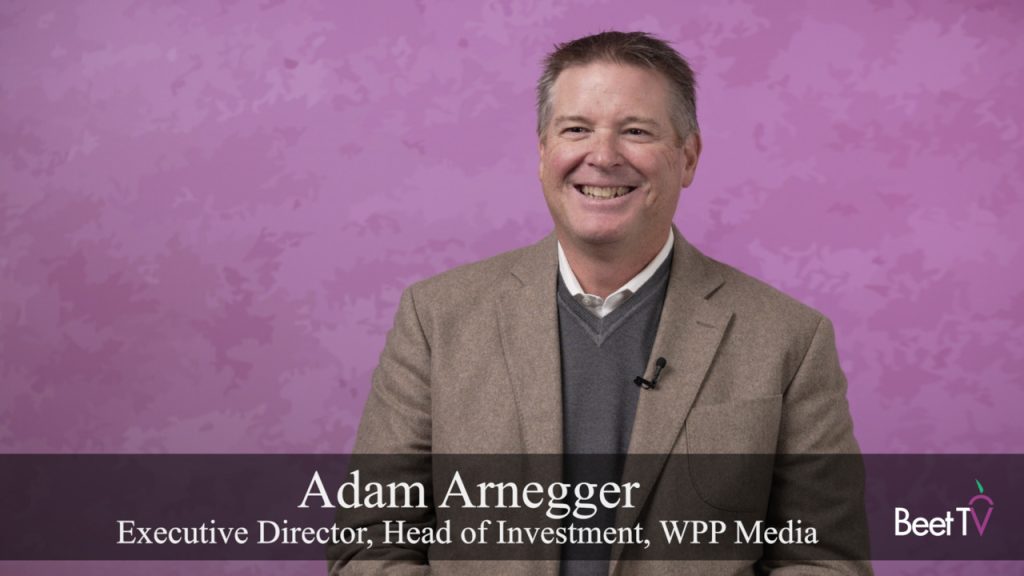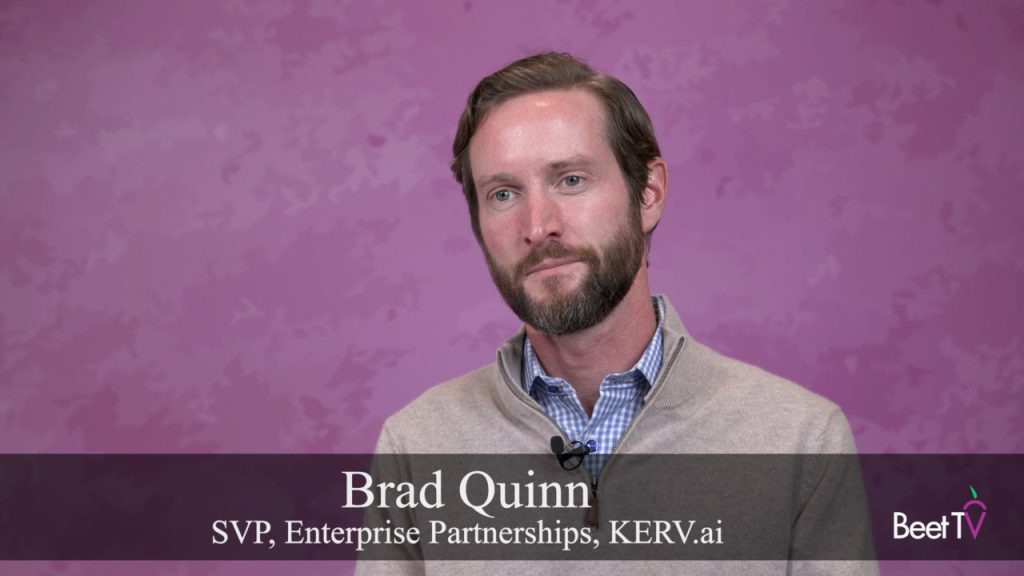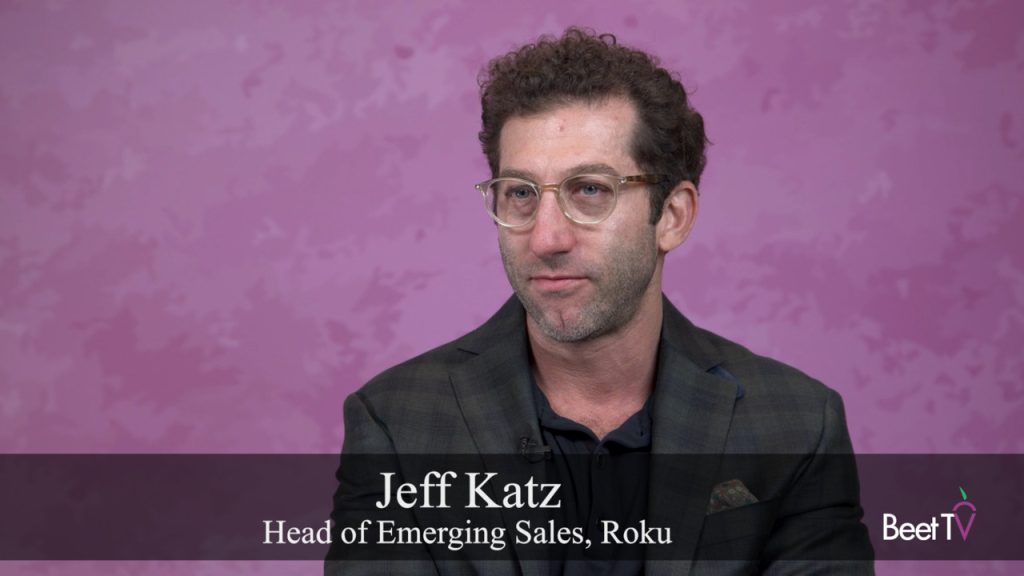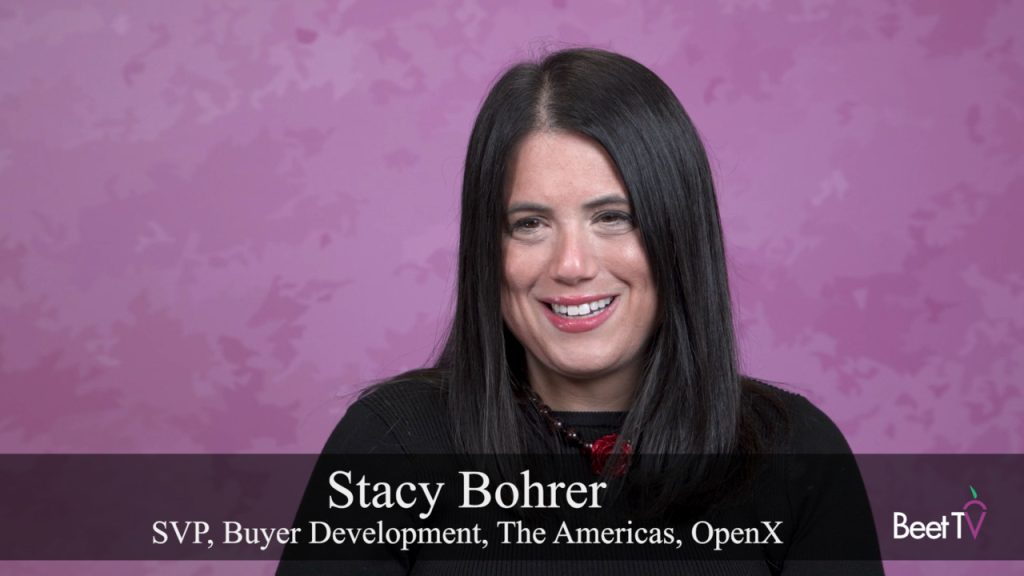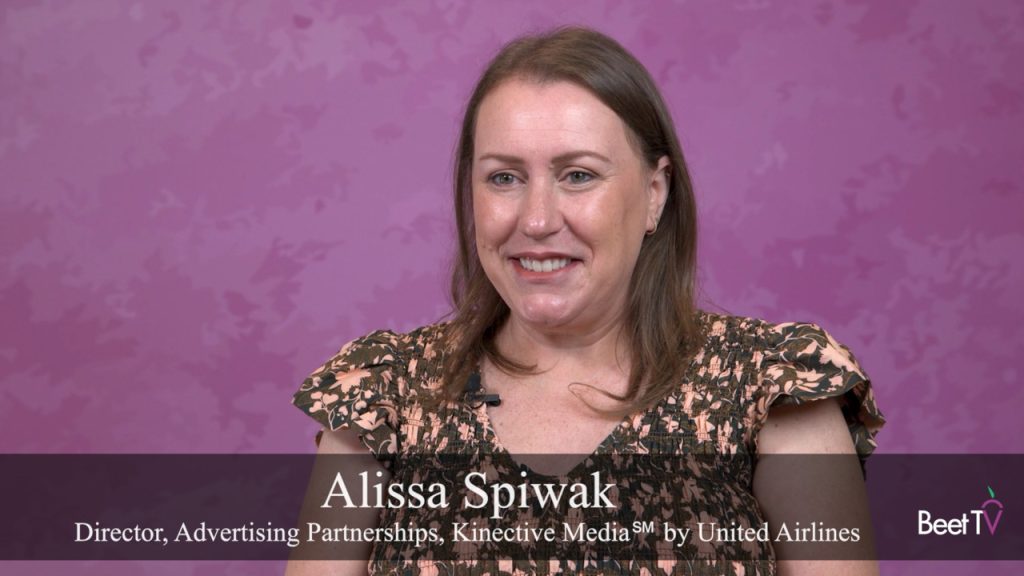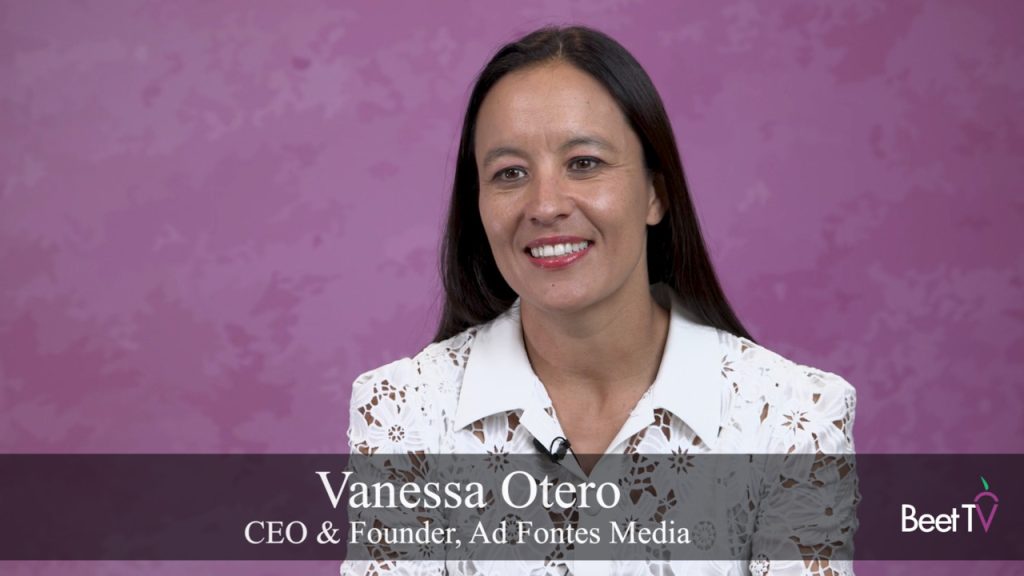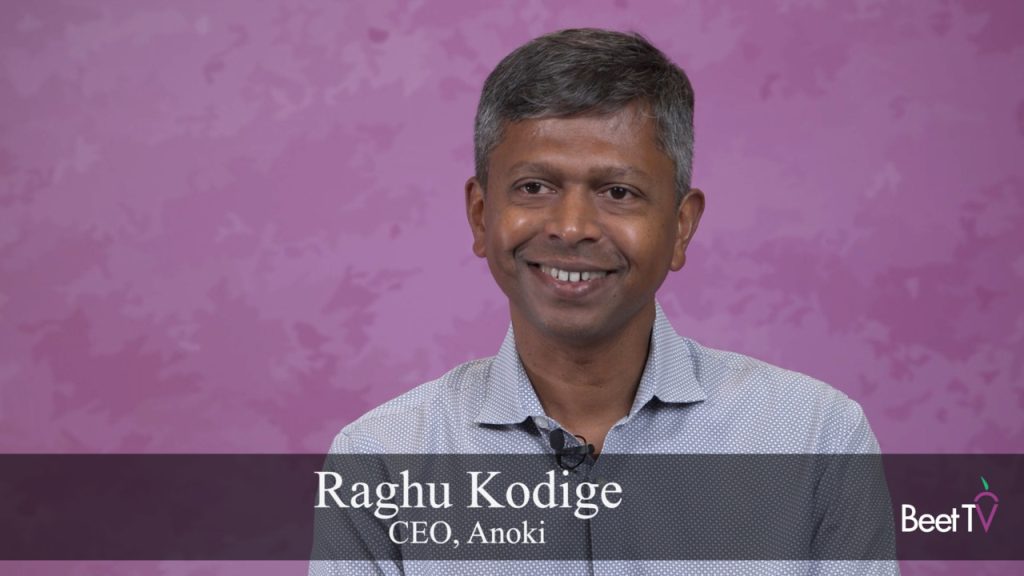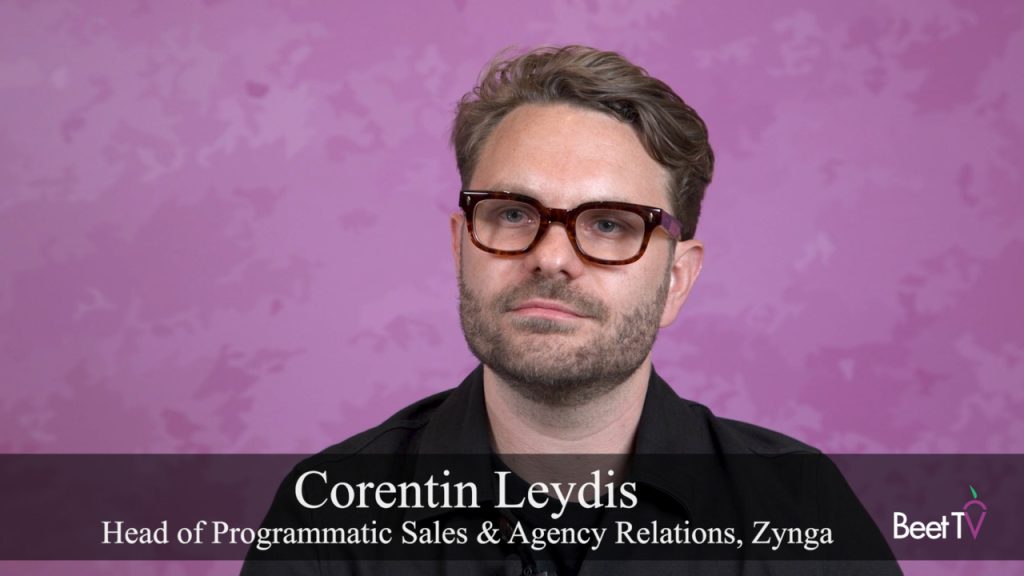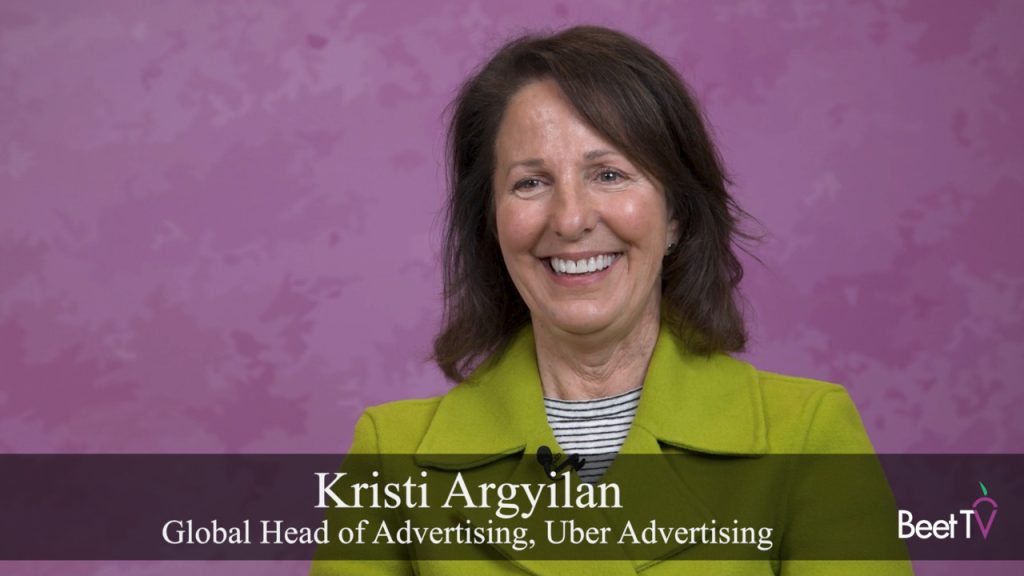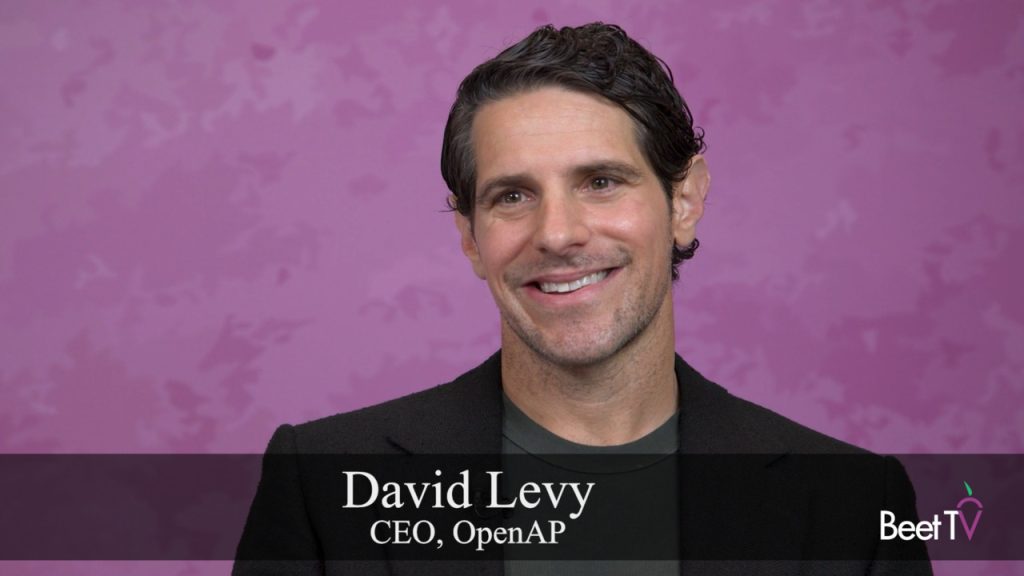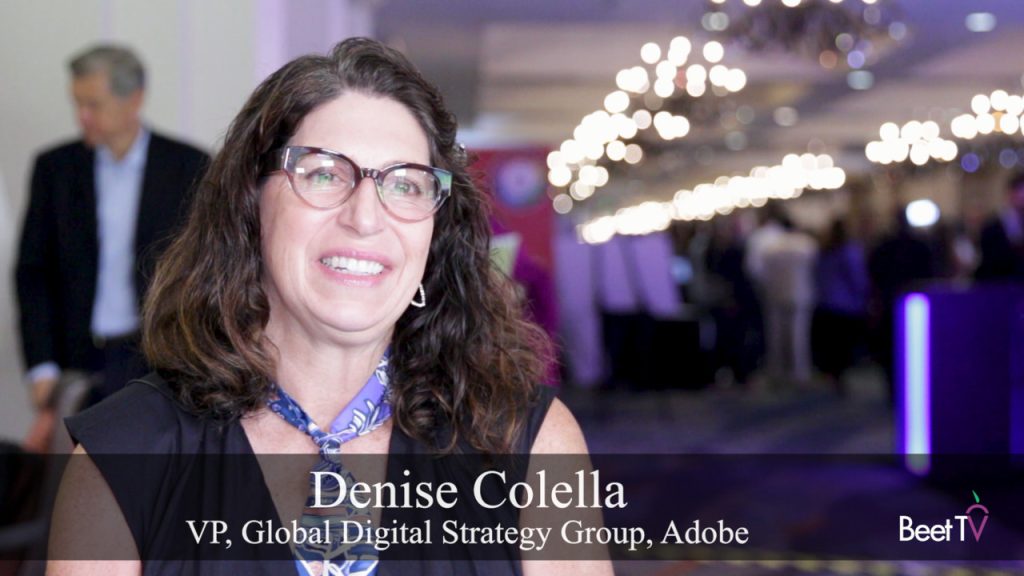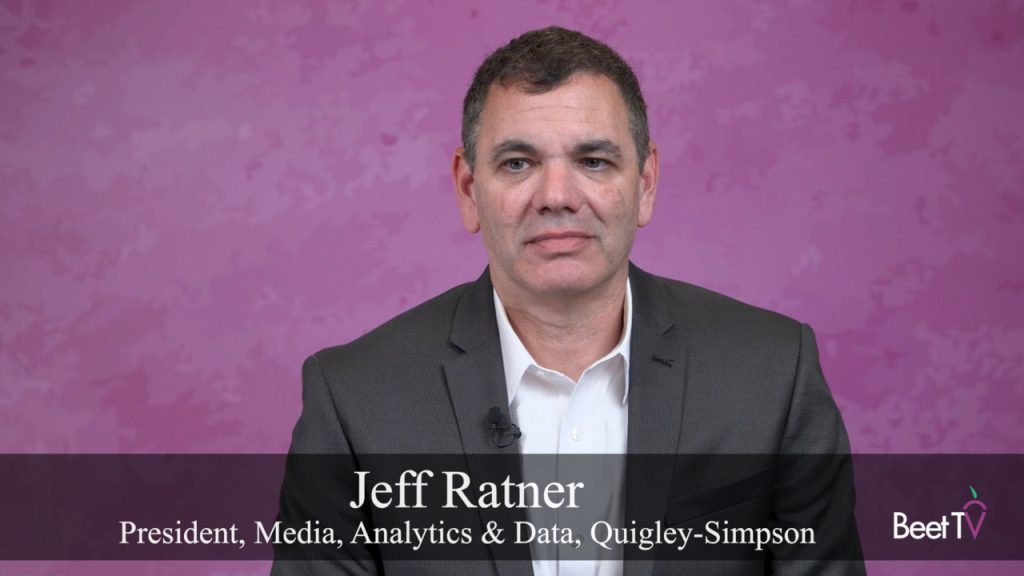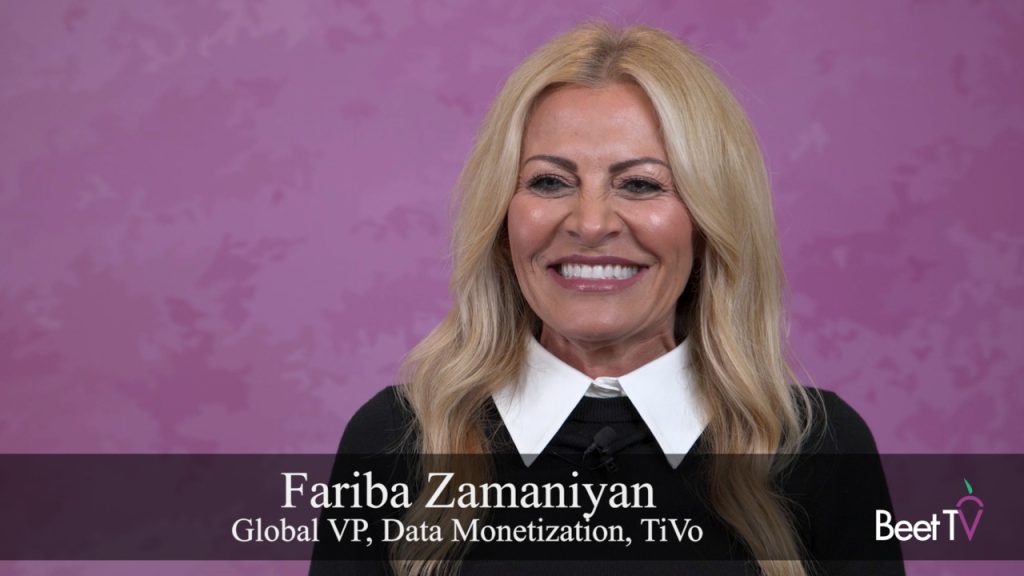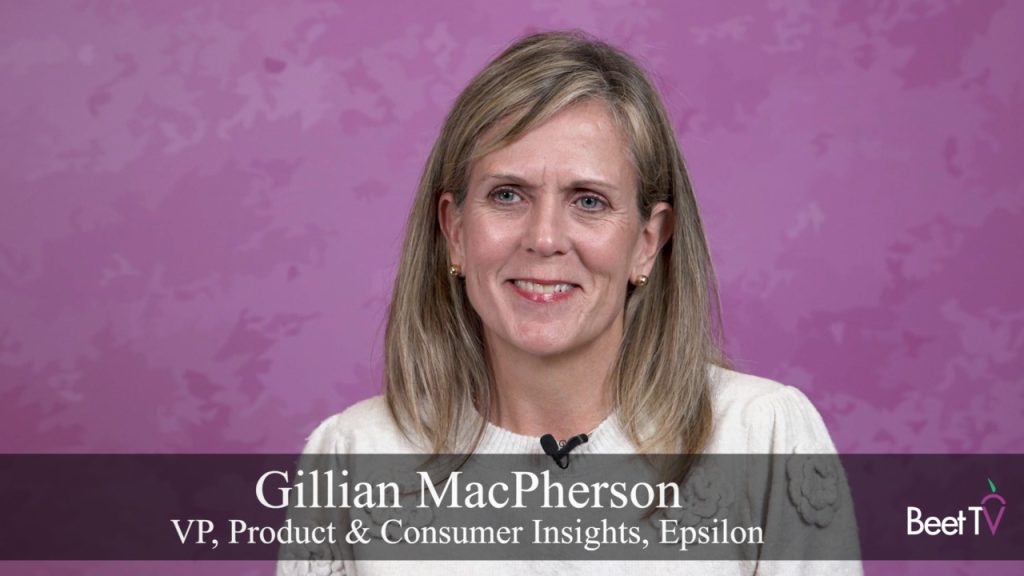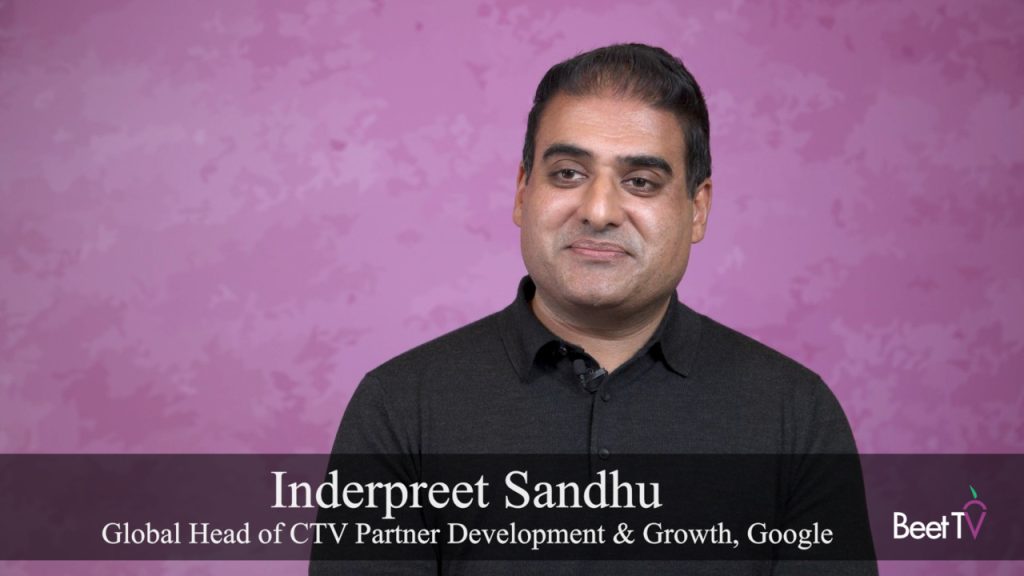Political candidates this year face a daunting task in reaching voters as the coronavirus pandemic disrupts traditional publicity efforts like rallies, conventions and stump speeches. Campaigns also must adjust to changing media consumption habits as more households cancel cable and satellite subscriptions, and connect their TVs directly to the Internet.
Connected TV (CTV) has the power to reach target audiences more efficiently, including voters who are considered highly persuadable, a recent study by sell-side advertising platform Magnite found. Among the 30% of eligible voters who are independent or undecided, 40% don’t subscribe to cable or satellite service. Instead, 70% of them watch ad-supported streaming TV services like Pluto TV, Roku or Tubi.
“Connected TV reaches those young, hard-to-reach, tech-savvy, socially active, highly influential consumers that traditional television has been trying to reach but can’t anymore,” Adam Lowy, head of North American demand sales and strategy at Magnite, said in this interview with Beet.TV. “We’ve finally reached that sea change in the industry where CTV is really becoming the focal point of our partners and large media conglomerates that we work with, which is incredibly exciting.”
Spending on political advertising this year will almost double to a record $15 billion from $8 billion in 2016, WPP’s media-buying agency GroupM forecast in June. More than half of this year’s spending will be pumped into local TV advertising in “swing states,” the company estimated. Arizona, Michigan, North Carolina and Wisconsin are considered key battlegrounds this year, according to Inside Elections.
CTV can help to eliminate reduce over-spending on media by targeting viewers in specific districts, rather than blanketing a multistate region that broadcast TV stations reach, Lowy said.
“To pinpoint your advertisements and address people, there is just incredible opportunities in the political arena,” he said. “You can target just Republicans, just Democrats or whatever the buyer wants to choose. There’s no waste.”
CTV also provides a more brand-safe environment than social media, which is cluttered with political messaging and misinformation. Almost three quarters (72%) of people used negative words such as “untrustworthy” and “deceitful” to describe political ads on social media, Magnite’s survey of 4,500 subscribers to streaming TV services found.
Highly publicized incidents like the Cambridge Analytica scandal that ensnared Facebook in the last election may have contributed to the negative perceptions about political messaging on social media. Facebook later paid a record $5 billion fine to settle Federal Trade Commission charges that it had violated an agreement to improve privacy protections for users.


























